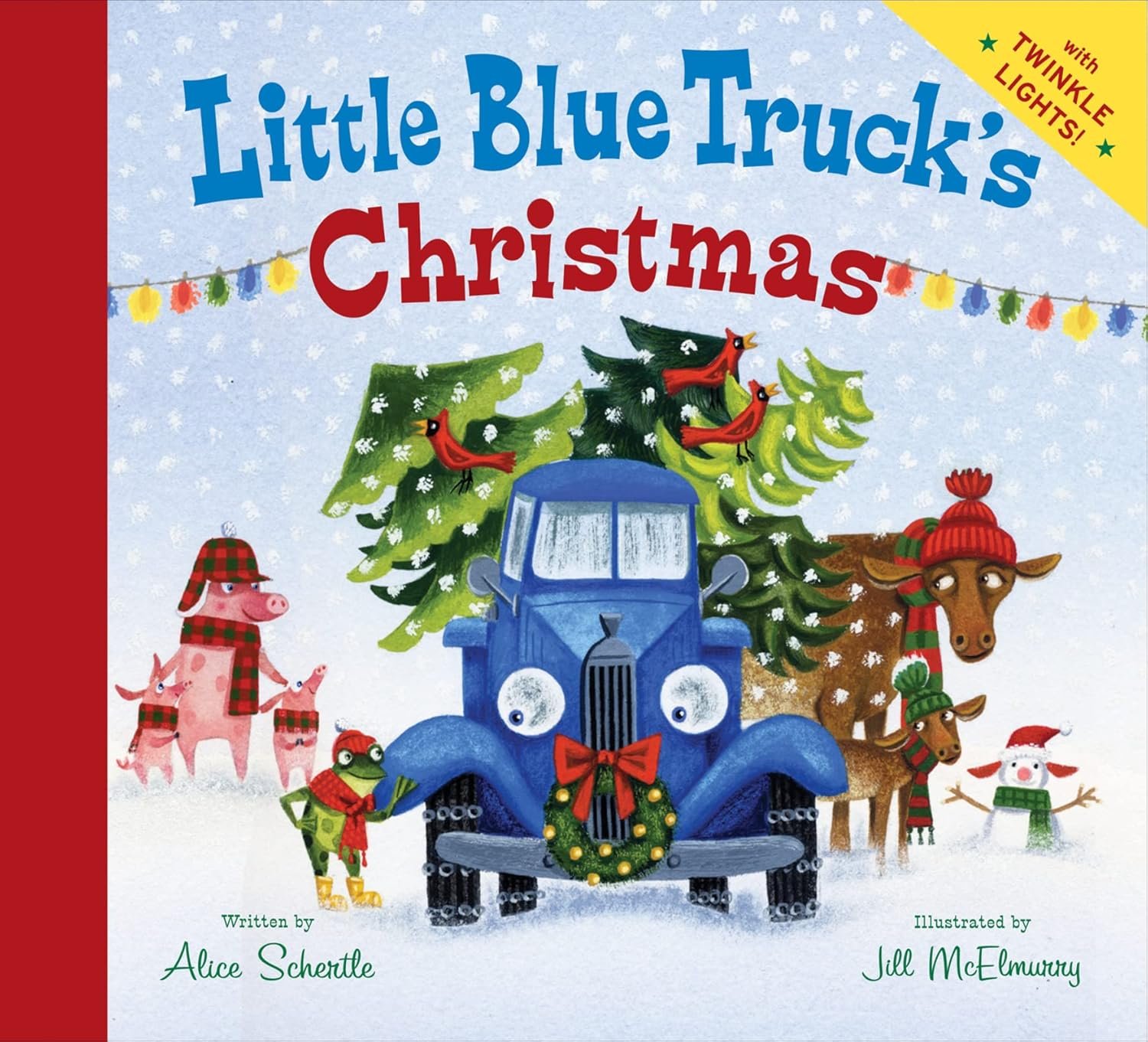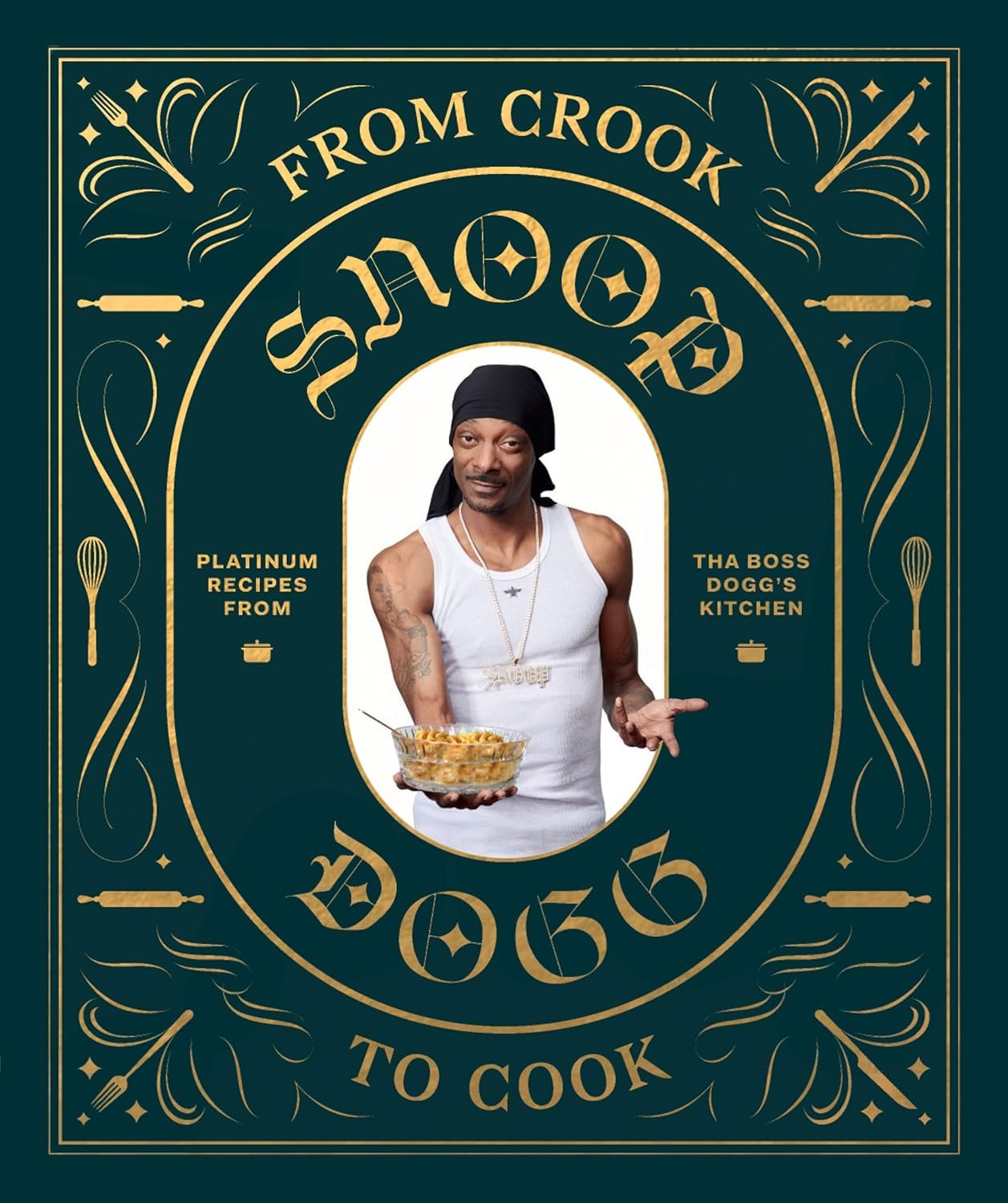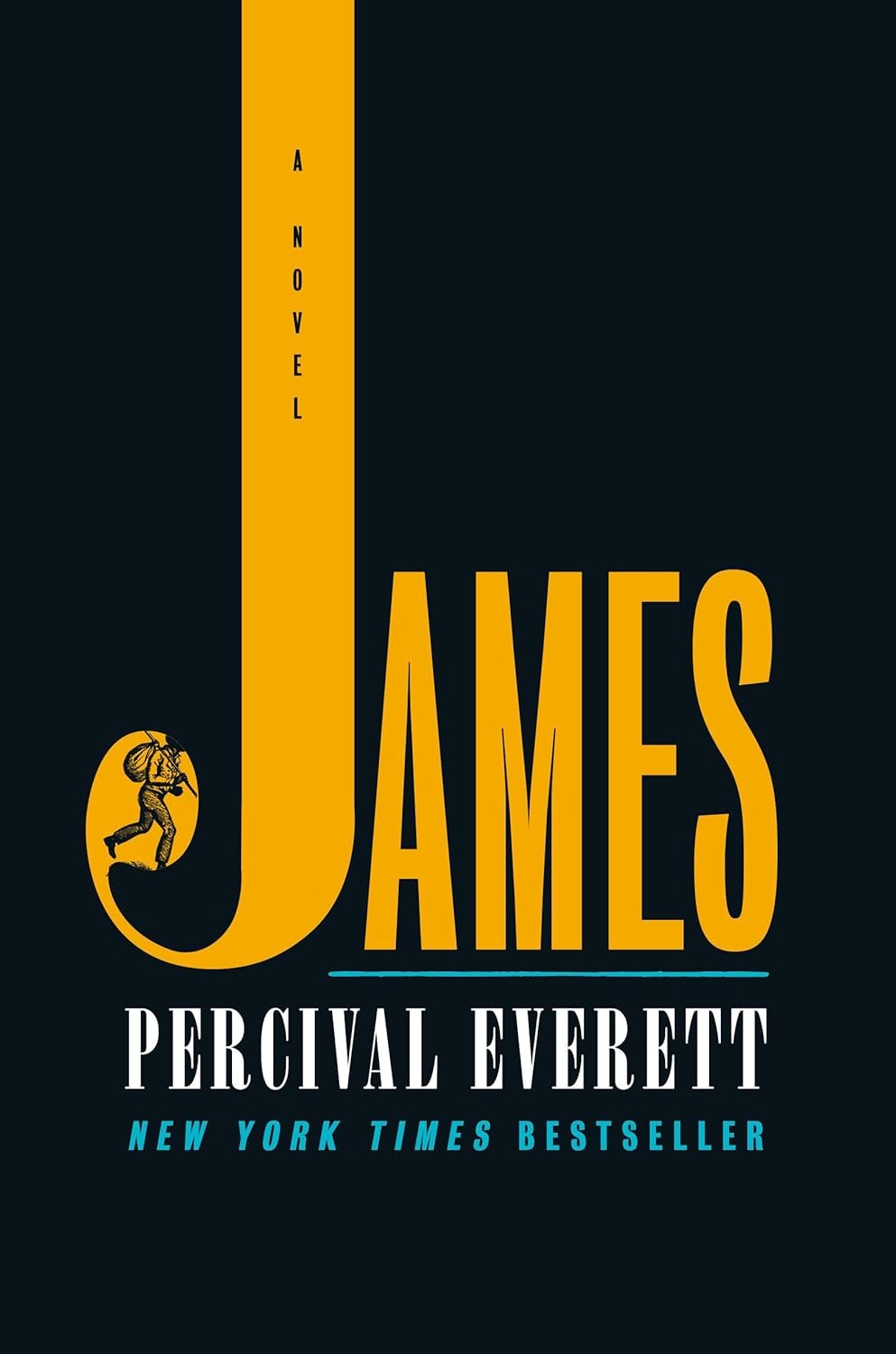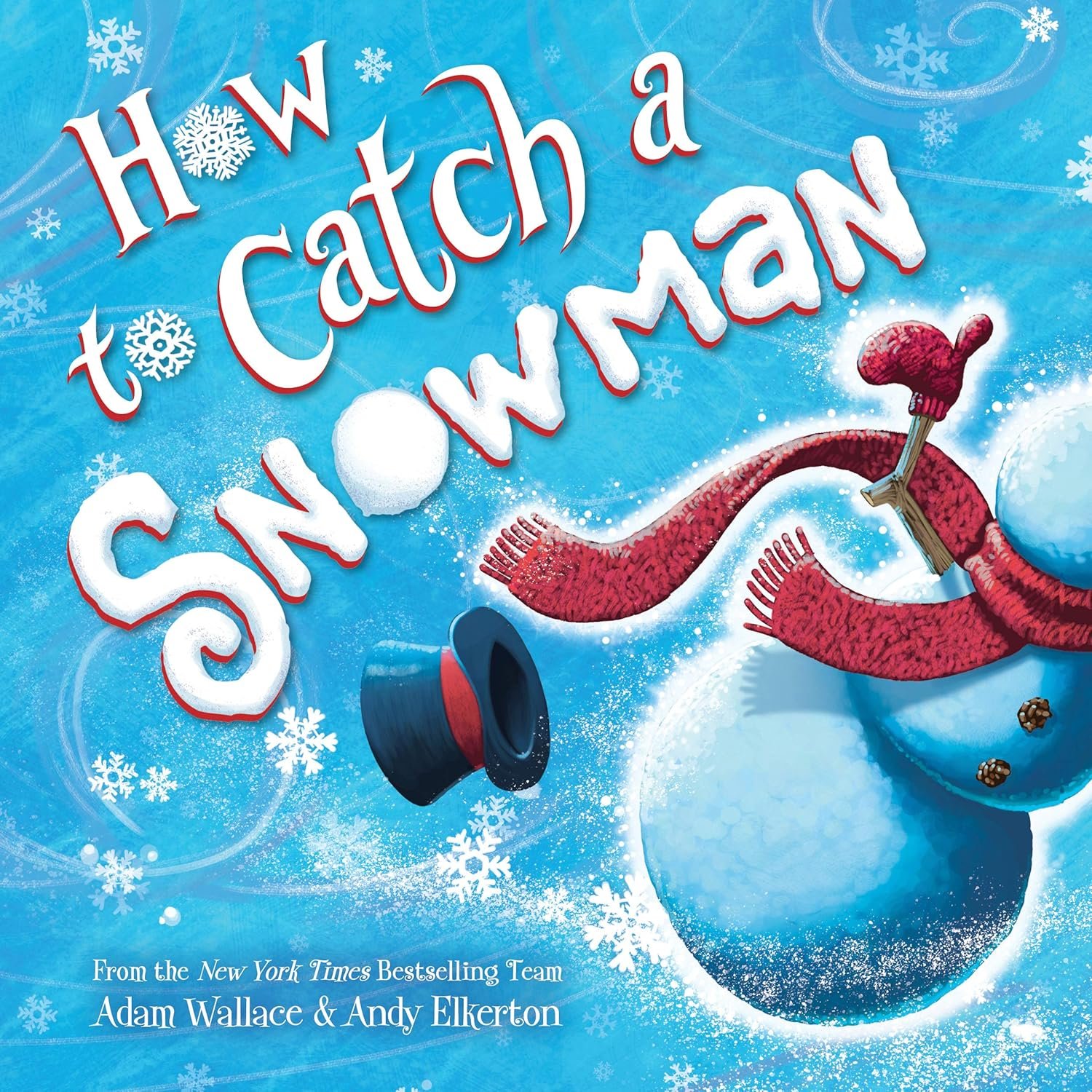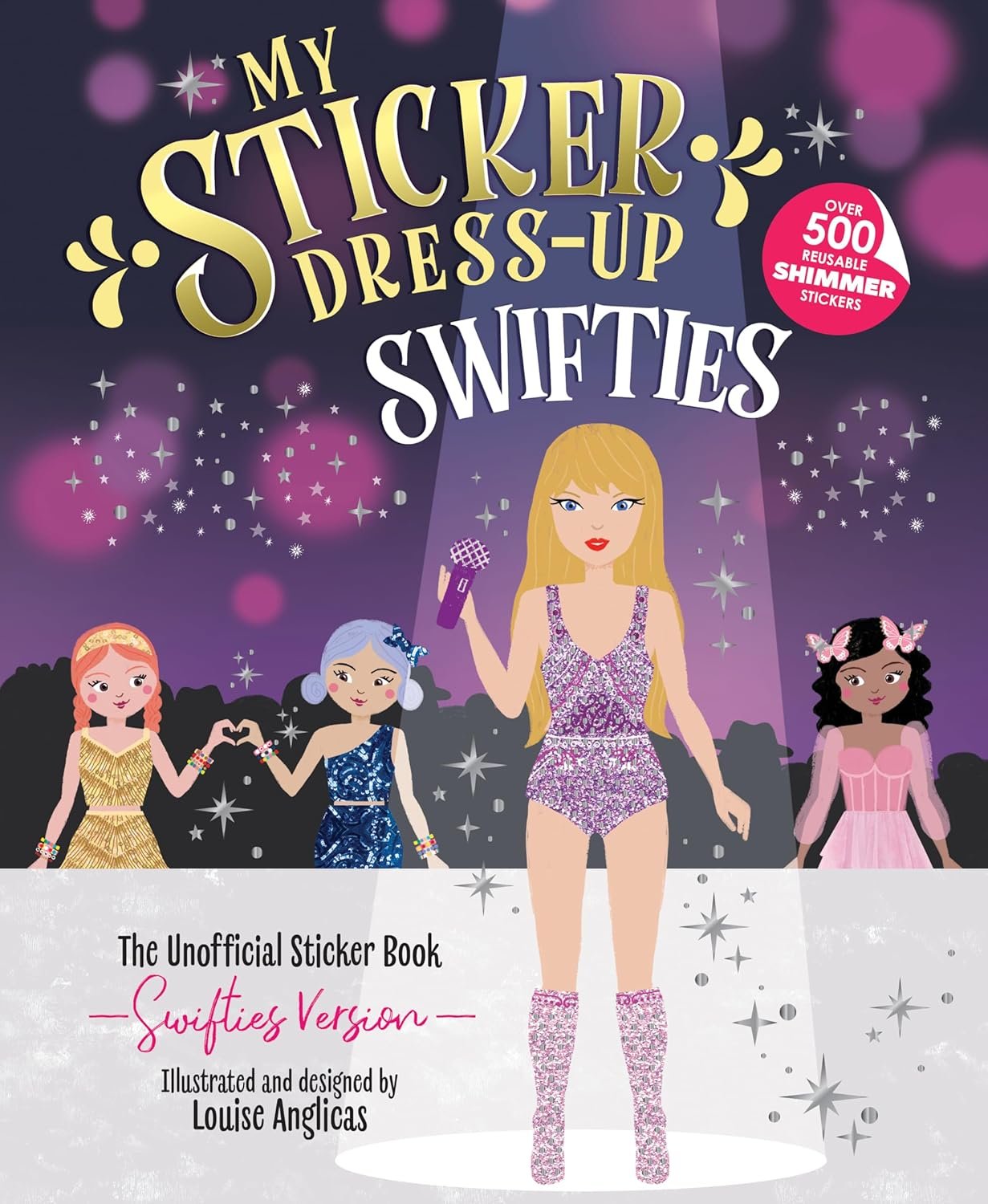Villon vanishes like a cart around a bend, the rooftops swallowed up by the trees and the hills of the surrounding country. By the time Adeline musters the courage to look back, it is gone.
She sighs, and turns, and walks, wincing at the strange shape of George’s boots.
They are too large by half. Adeline found socks on a washing line, shoved them into the toes of the shoes to make them fit, but by the fourth hour of walking she can feel the places where her skin has rubbed raw, the blood pooling in the leather soles. She is afraid to look, and so she doesn’t, focuses only on the path ahead.
She has decided to walk toward the walled city of Le Mans. It is the farthest she has ever gone, and even still, she has never made the trip alone. She knows the world is so much larger than the towns along the Sarthe, but right now she cannot think beyond the road in front of her. Every step she takes is a step away from Villon, away from a life that is no longer hers.
You wanted to be free, says a voice in her head, but it is not hers; no, it is deeper, smoother, lined with satin and woodsmoke.
She skirts the villages, the farms alone in their fields. There are whole stretches when the world seems to empty around her. As if an artist drew the barest lines of the landscape, then turned, distracted, from the task.
Once, Adeline hears a cart trundling down the road, and ducks into the shade of a nearby grove and waits for it to pass. She does not want to stray too far from the road, or the river, but over her shoulder, through a copse of trees, she sees the yellow blush of summer fruit, and her stomach aches with longing.
An orchard.
The shade is lovely, the air cool, and she picks a ripened peach from a low branch and sinks her teeth greedily into the fruit, her empty stomach cramping around the sugared bite. Despite the pain, she eats a pear as well, and a handful of mirabelles, scoops palm and after palm of water from a well at the orchard’s edge, before forcing herself forward, out of the shelter and back into the summer heat.
The shadows are stretching long when she finally sinks onto the riverbank and pulls off the boots to assess the damage to her feet.
But there is none.
The socks are unbloody. Her heels, uncut. No sign of the miles walked, the wear and tear of so many hours on the packed-earth road, though she felt the pain of every step. Nor are her shoulders burned from the sun, though all day she felt its heat. Her stomach twists, aching for something more than stolen fruit, but as the light ebbs, and the hills darken, there are no lanterns, no homes in sight.
Exhausted, she would curl up right there on the river’s edge and give in to sleep, but insects float above the water, nipping at her skin, and so she retreats into an open field, and sinks down amid the tall grass the way she did so many times when she was young, and wanted to be somewhere else. The grass would swallow the house, the workshop, the rooftops of Villon, everything except the open sky overhead, a sky that could belong to anywhere.
Now, as she stares up at the mottled dusk, she longs for home. Not for Roger, or the future she did not want, but the woody grip of Estele’s hand on hers as the old woman showed her how to wind raspberry bushes, and the soft hum of her father’s voice as he worked in his shed, the scent of sap and wood dust in the air. The pieces of her life she never meant to lose.
She slips her hand into the pocket of her skirt, fingers searching for the little carved bird. She has not let herself reach for it before, half-sure it would be gone, its theft undone like every other act—but it is still there, the wood smooth and warm.
Adeline draws it out, holds it up against the sky, and wonders. She could not break the figurine.
But she could take it.
Amid the growing list of negatives—she cannot write, cannot say her name, cannot leave a mark—this is the first thing she has been able to do. She can steal. It will be a long time before she knows the contours of her curse, longer still before she understands the shadow’s sense of humor, before he looks at her over a glass of wine and observes that a successful theft is an anonymous act. The absence of a mark.
In this moment, she is simply grateful for the talisman.
My name is Adeline LaRue, she tells herself, clutching the little wooden bird. I was born in Villon in the year 1691, to Jean and Marthe, in a stone house just beyond the old yew tree …
She tells the story of her life to the little carving, as if afraid she’ll forget herself as easily as others do, unaware that her mind is now a flawless cage, her memory a perfect trap. She will never forget, though she’ll wish she could.
As the night creeps through, purple giving way to black, Adeline looks up into the dark, and begins to suspect that the dark is staring back, that god, or demon, with its cruel gaze, its mocking smile, features contorted in a way she never drew.
As she stares, head craned, the stars seem to pick out the lines of a face, the cheekbones and brow, the illusion drawing together until she half expects the blanket of night to ripple and twist as the shadows did in the woods, the space between stars splitting to reveal those emerald eyes.
She bites her tongue to keep from calling to him, lest something else decide to answer.
She is not in Villon, after all. She does not know which gods might linger here.
Later, her strength will falter.
Later, there will be nights when her need will smother caution, and she will scream and curse and dare him to come out and face her.
Later—but tonight she is tired, and hungry, and loath to waste what little energy she has on gods that will not answer.
So she curls onto her side, squeezes her eyes shut, and waits for sleep, and as she does, she thinks of torches in the field beyond the woods, of voices calling her name.
Adeline, Adeline, Adeline.
The words pound against her, drumming on her skin like rain.
She wakes sometime later with a start, the world inky black and the downpour already soaking through her dress, the rainstorm sudden and heavy.
She hurries, skirts dragging, across the field to the nearest line of trees. Back home she loved the patter of rain against the walls of the house, used to lie awake and listen to the world washed clean. But here she has no bed, no shelter. She does her best to wring the water from the dress, but it is already cooling on her skin, and she huddles among the roots, shivering beneath the broken canopy.
My name is Adeline LaRue, she tells herself. My father taught me how to be a dreamer, and my mother taught me how to be a wife, and Estele taught me how to speak to gods.
Her thoughts drag on Estele, who used to stand out in the rain, palms open as if to catch the storm. Estele, who never cared as much for the company of others as for her own.
Who probably would have been content to be alone in the world.
She tries to imagine what the old woman would say, if she could see her now, but every time she tries to summon those keen eyes, that knowing mouth, she sees only the way Estele looked at her in those last moments, the way her face furrowed, and then cleared, a lifetime of knowing brushed away like a tear.
No, she should not think of Estele.
Adeline wraps her arms around her knees, and tries to sleep, and when she wakes again, sunlight is pouring through the trees. A finch stands on the mossy ground nearby, pecking at the hem of her dress. She brushes it away, checking her pocket for the little wooden bird as she stands, sways, dizzy with hunger, realizes she has not had more than fruit in a day and a half.
My name is Adeline LaRue, she tells herself as she makes her way back to the road. It is becoming a mantra, something to pass the time, measure her steps, and she repeats it, over and over.
She rounds a bend, and stops, blinking fiercely, as if the sun is in her eyes. It’s not, and yet the world ahead has been plunged into a sudden, vivid yellow, the green fields devoured by a blanket the color of egg yolk.
She looks back over her shoulder, but the way behind her is still green and brown, the ordinary shades of summer. The field ahead is mustard seed, though she doesn’t know it then. Then, it is simply beautiful, in an
overpowering way. Addie stares, and for a moment she forgets her hunger, her aching feet, her sudden loss, and marvels at the shocking brightness, the all-consuming color.
She wades through the field, flower buds brushing her palms, unafraid to crush the plants underfoot—they have already straightened in her wake, steps erased. By the time she reaches the far edge of the field, and the path, and the steady green, it looks dull, her eyes searching for another source of wonder.
Shortly after, a larger town comes into sight, and she is about to weave around it when she catches a scent on the air that makes her stomach ache.
Butter, yeast, the sweet and hearty smell of bread.
She looks like a dress that fell from the line, wrinkled and dirty, her hair a tangled nest, but she is too hungry to care. She follows the scent between the houses, and up a narrow lane toward the village square. Voices rise with the smell of baking, and when she rounds the corner she sees a handful of women sitting around a communal oven. They perch on the stone bench around it, laughing and chatting like birds on a branch as the loaves rise within the oven’s open mouth. The sight of them is jarring, ordinary in an aching way, and Adeline lingers in the shaded lane a moment, listening to the trill and chirp of their voices, before the hunger forces her forward.
She doesn’t have to search her pockets to know she has no coins. Perhaps she could barter for the bread, but all she has is the bird, and when she finds it in the folds of her skirt, her fingers refuse to loosen on the wood. She could beg, but her mother’s face comes to mind, eyes tight with scorn.
That leaves only theft—which is wrong, of course, but she is too hungry to weigh the sin of it. There is only the matter of how. The oven is hardly unmanned, and despite how fast she seems to fade from memory, she is still flesh and blood, not phantom. She cannot simply walk up and take the bread without causing a stir. Sure, they might forget her soon enough, but what danger would she be in before they did? If she got to the bread, and then away, how far would she have to run? How fast?
And then she hears it. A soft, animal sound, almost lost beneath the chatter.
She circles the stone hut and finds her chance, across the lane.
A mule stands in the shade, lazily chewing its bit beside a sack of apples, a stack of kindling.
All it takes is a single, sharp smack, and the mule lurches, more in shock, she hopes, than pain. It jostles forward, upsetting the apples and the wood as it sets off. And just like that, the square is startled, thrown into a brief but noisy state as the beast trots away, dragging a bag of grain, and the women leap to their feet, the trills and warbles of their laughs dissolving into taut shouts of dismay.
Adeline slips across the oven like a cloud, swiping the nearest loaf from the stone mouth. Pain sears across her fingers as she grabs it, and she nearly drops the bread, but she is too hungry, and pain, she is learning, doesn’t last. The loaf is hers, and by the time the mule is settled, and the grain set right, and the apples gathered, and the women returned to their place by the oven, she is already gone.
She leans in the shade of a stable on the edge of town, teeth tearing into the under-baked bread. The dough collapses in her mouth, heavy, sweet, and hard to swallow, but she doesn’t care. It is filling enough, wearing the edges off her hunger. Her mind begins to clear. Her chest loosens, and for the first time since she left Villon, she feels something like human, if not whole. She pushes off the stable wall and begins to walk again, following the line of the sun, and the path of the river, toward Le Mans.
My name is Adeline … she starts again, then stops.
She never loved the name, and now she cannot even say it. Whatever she calls herself, it will be only in her head. Adeline is the woman she left in Villon, on the eve of a wedding she did not want. But Addie—Addie was a gift from Estele, shorter, sharper, the switch-quick name for the girl who rode to markets, and strained to see over roofs, for the one who drew and dreamed of bigger stories, grander worlds, of lives filled with adventure.
And so, as she walks on, she starts the story over in her head.
My name is Addie LaRue …
